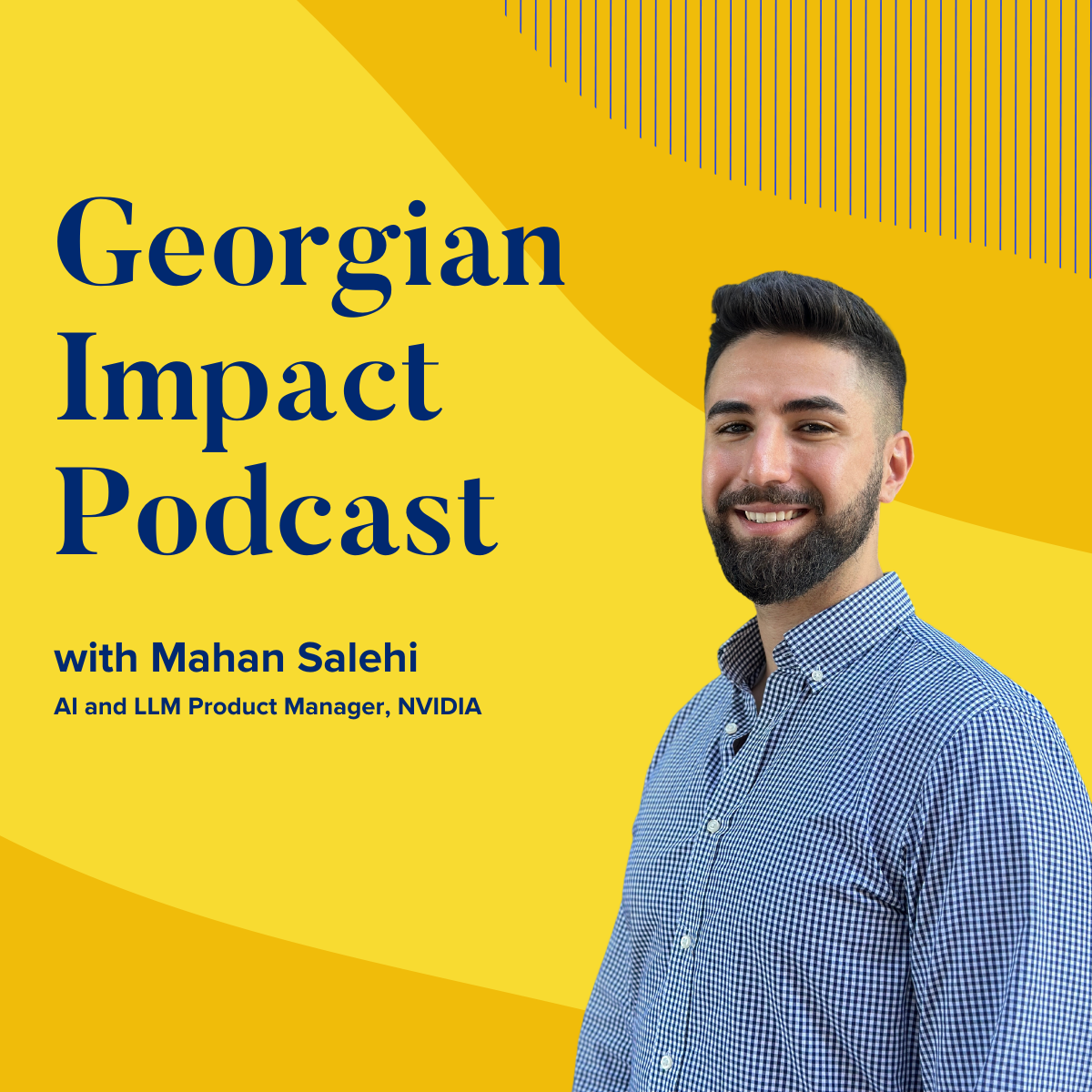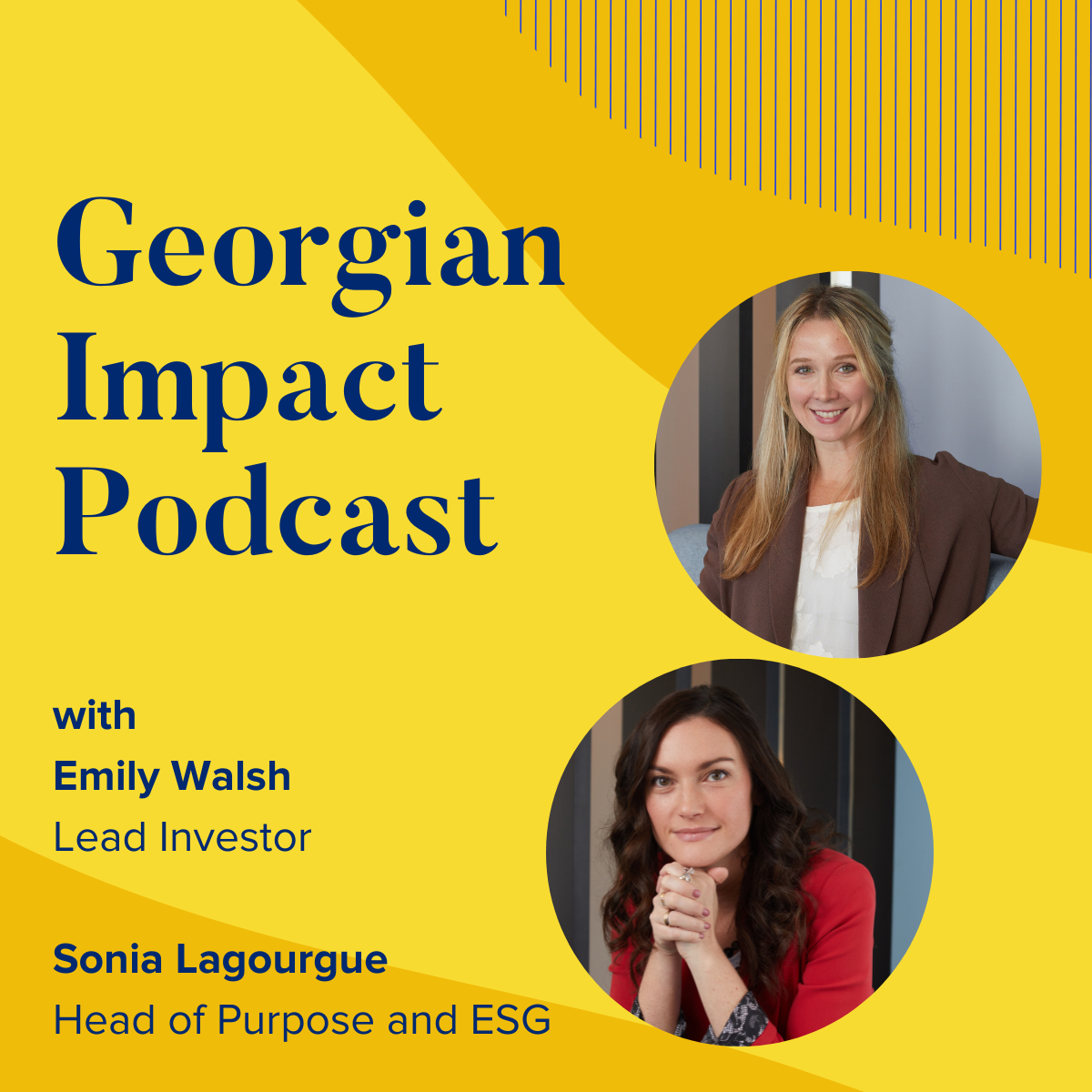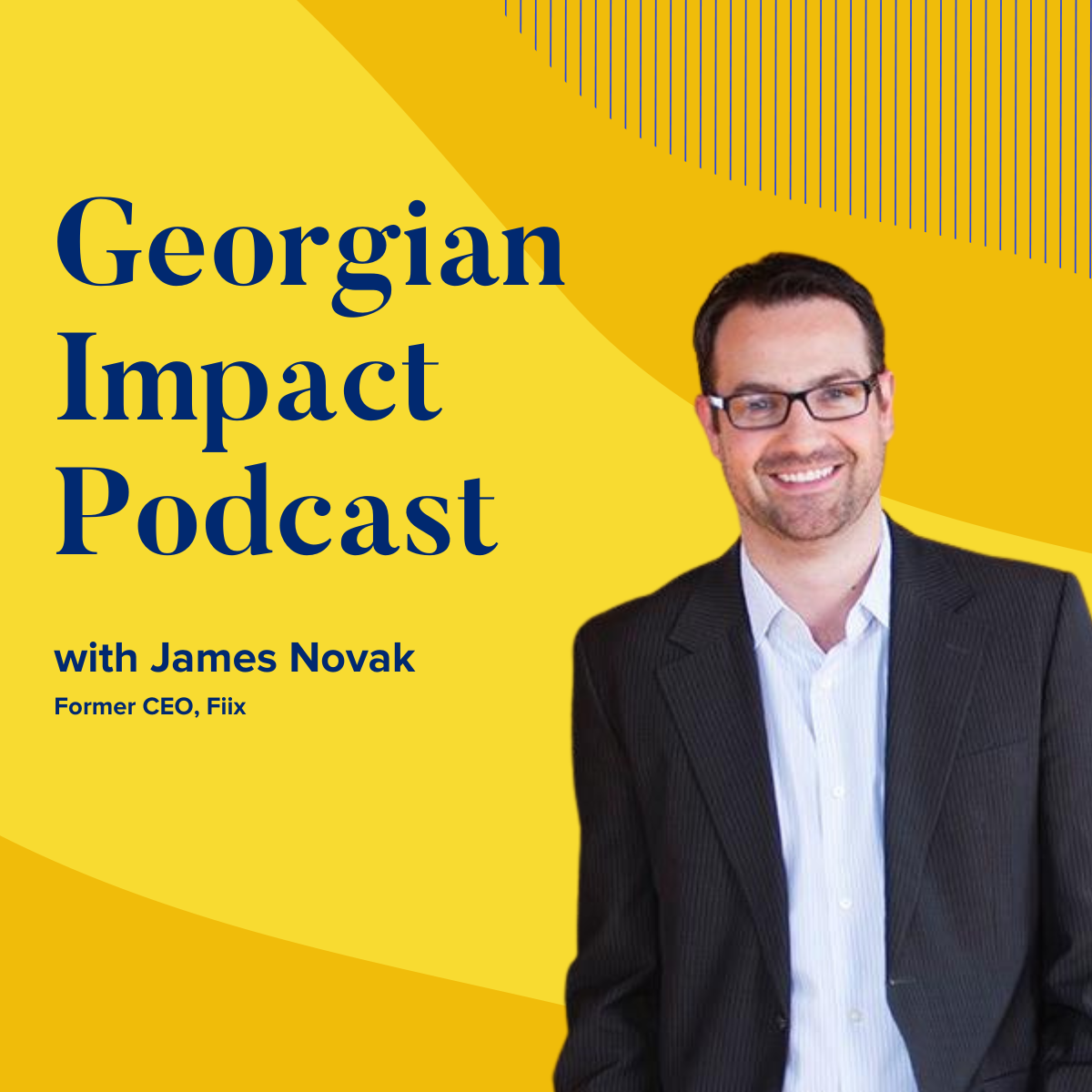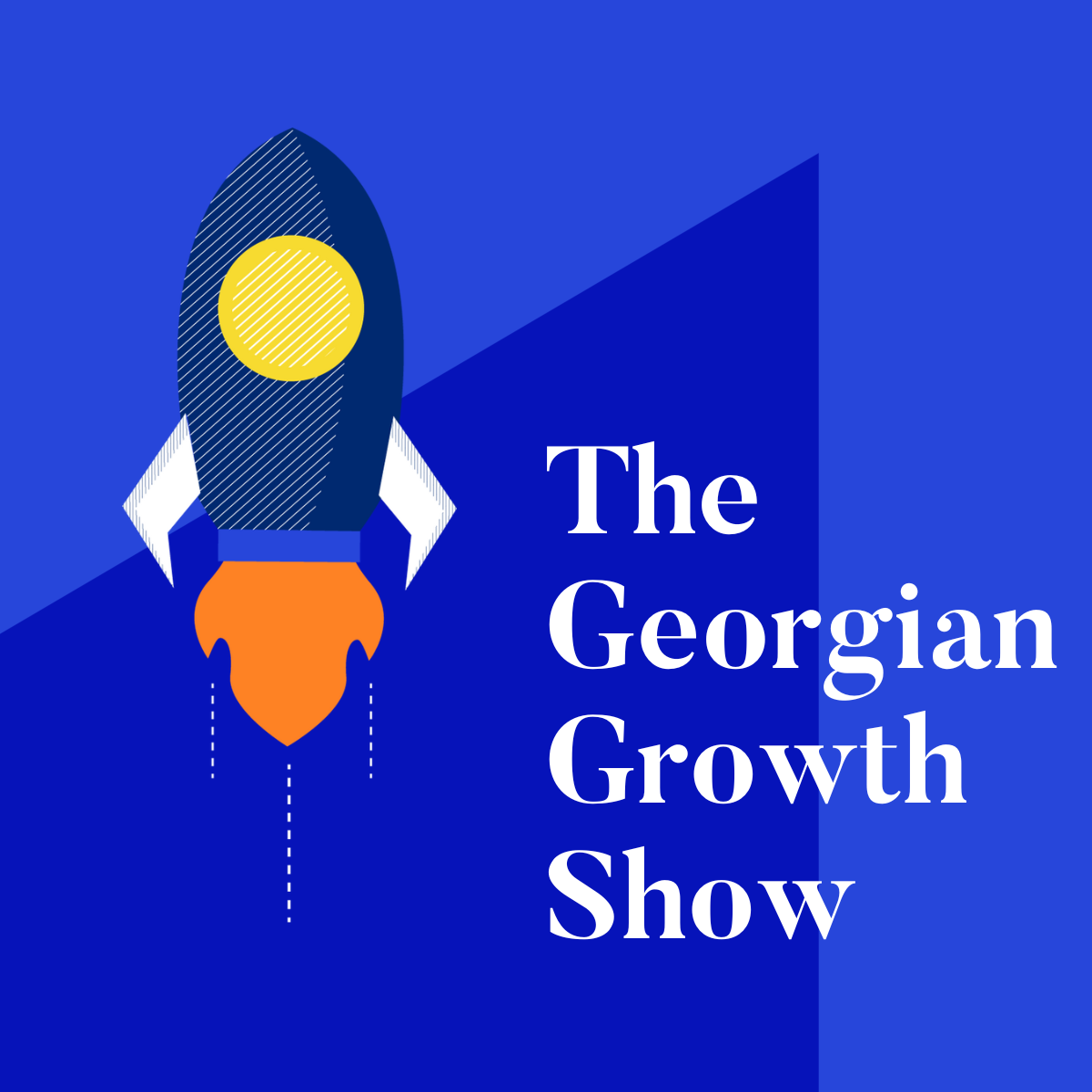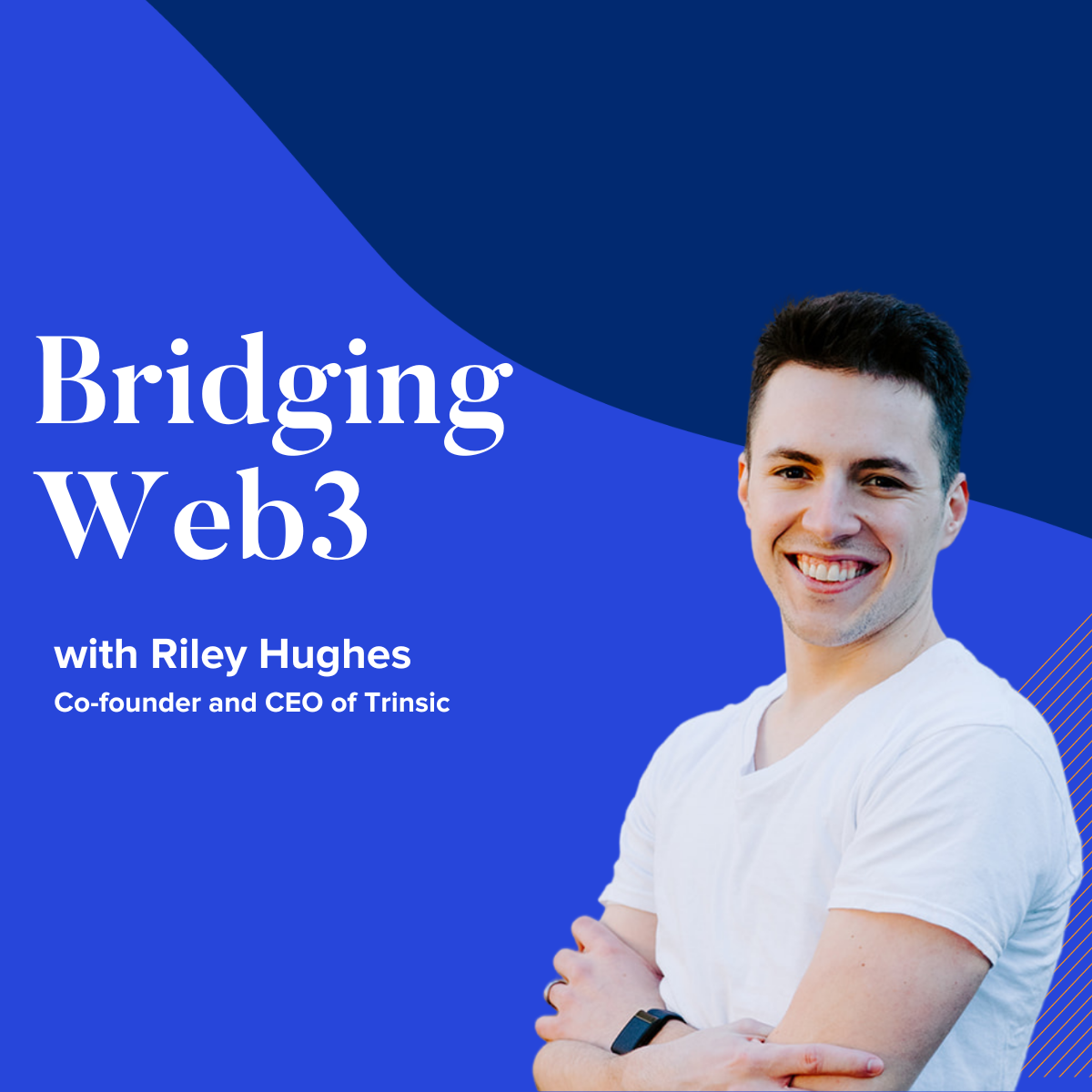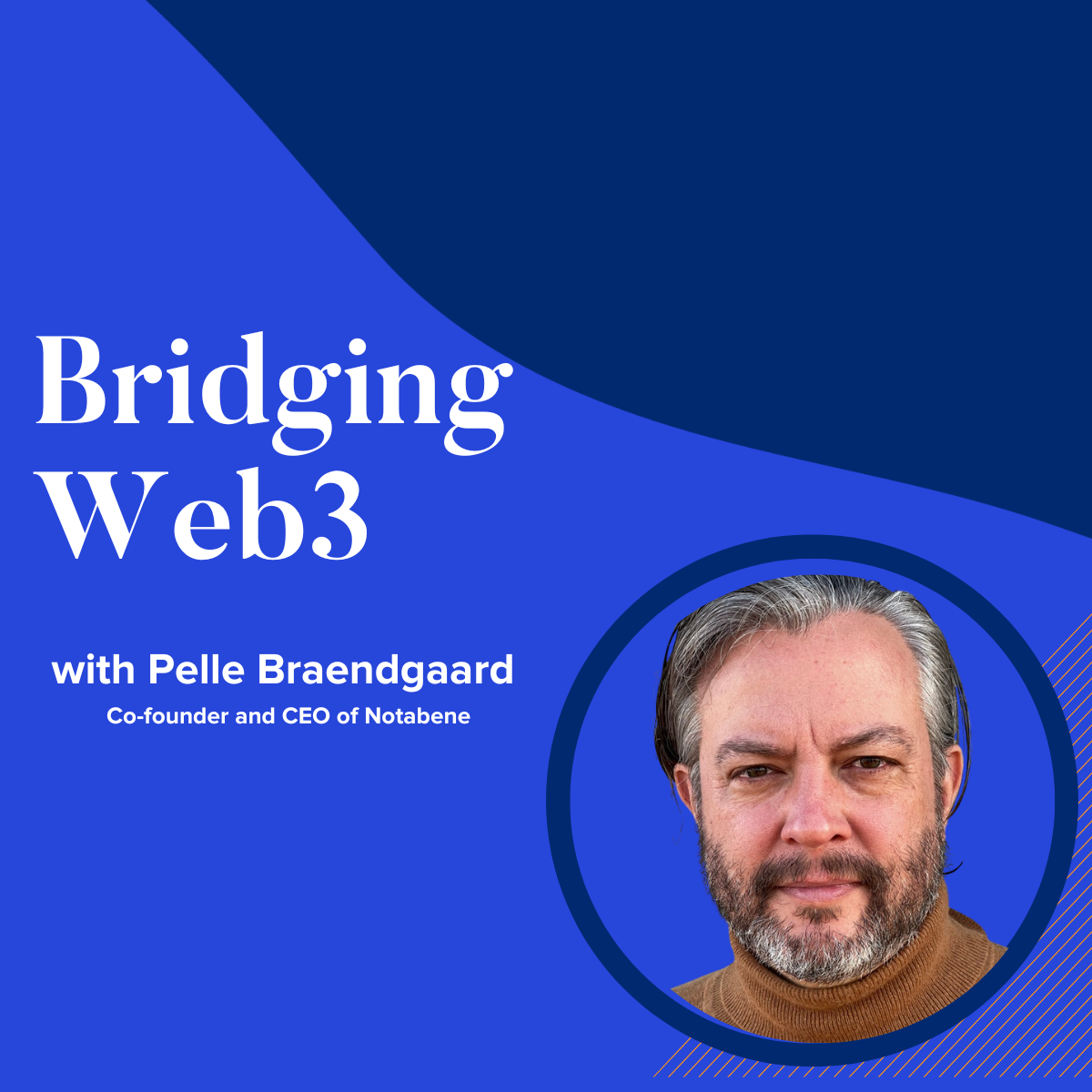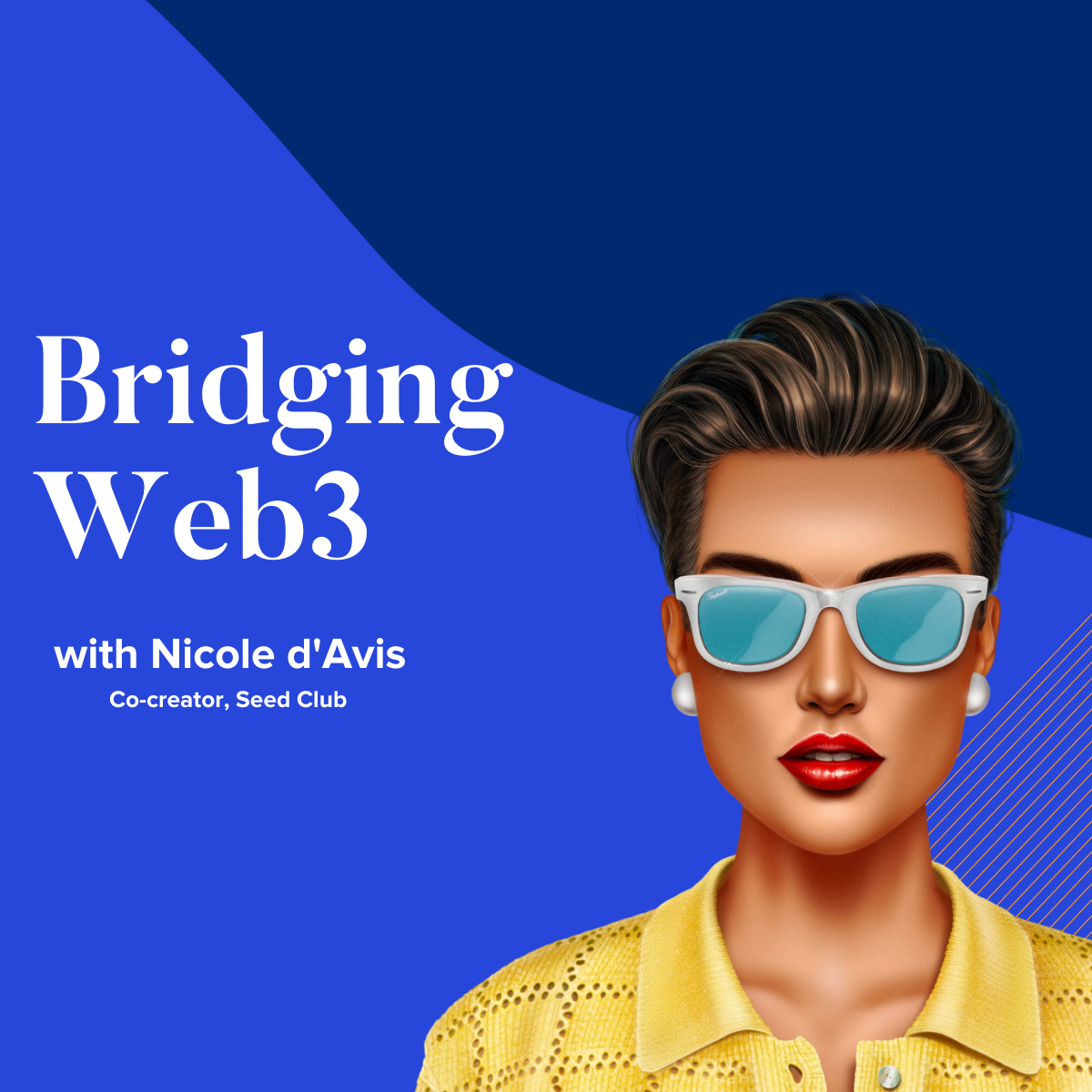The Georgian Impact Podcast
Get into the latest tech trends and how they impact growth-stage software companies.
The Georgian Growth Show
Candid conversations with entrepreneurs, investors and operators.
Bridging Web3
In this series, each conversation focuses on just one technology or concept that is important for building web3's infrastructure.
